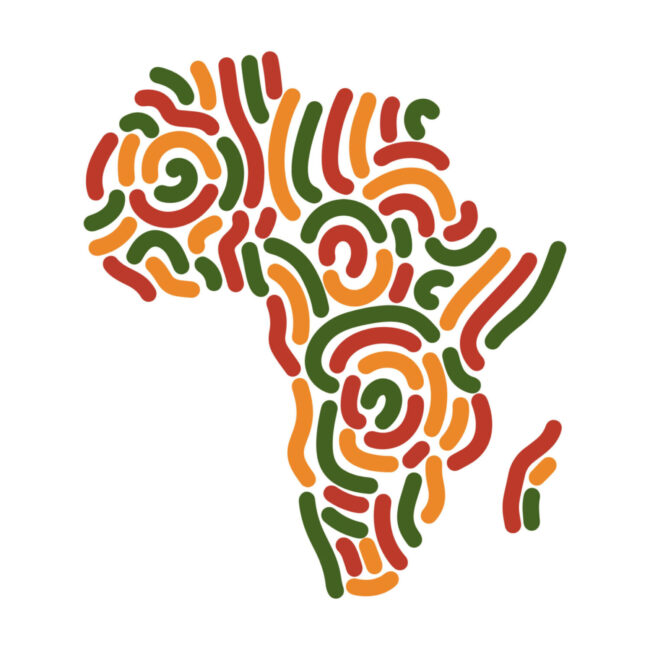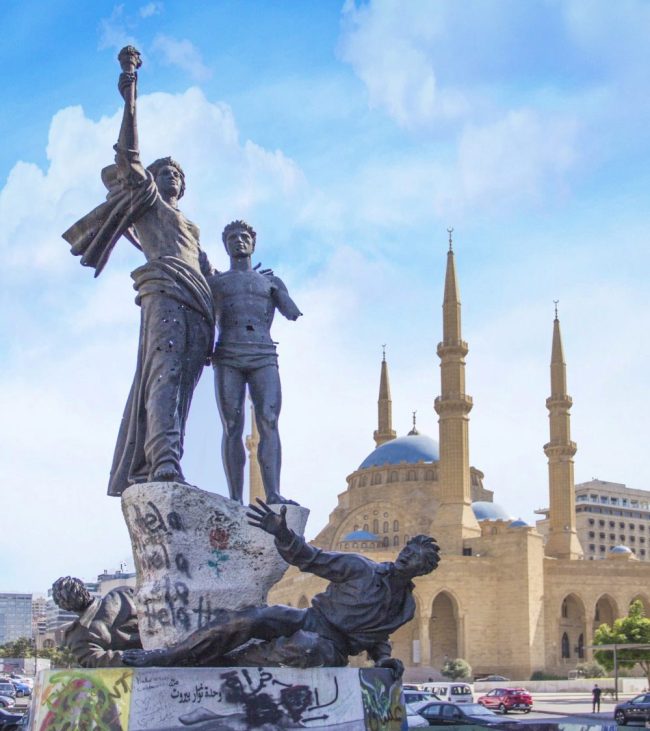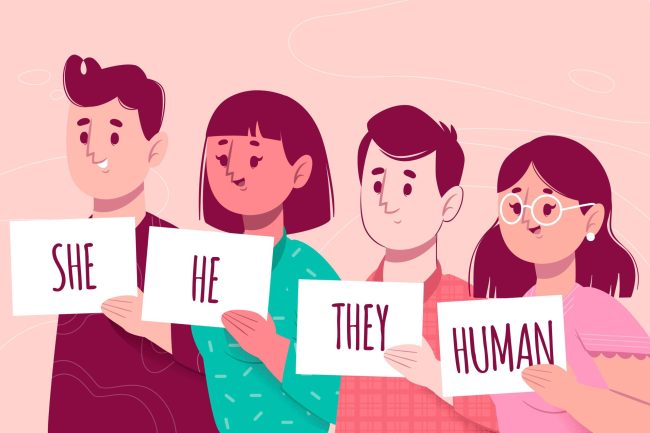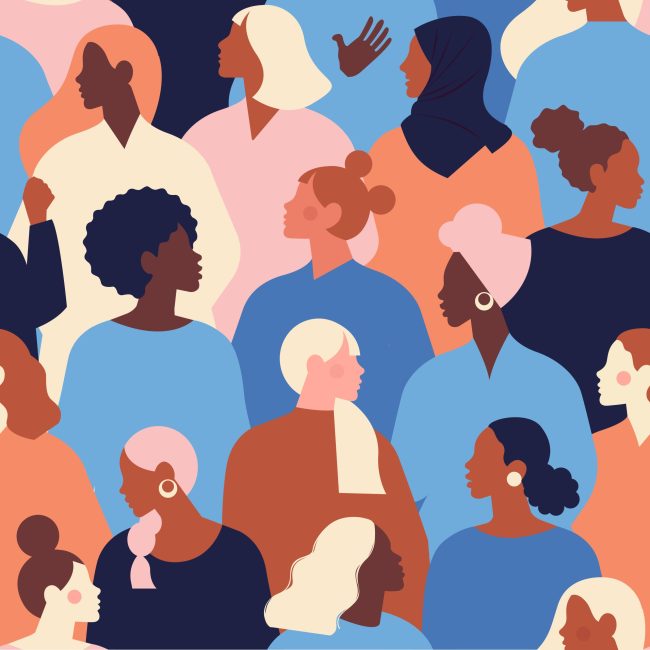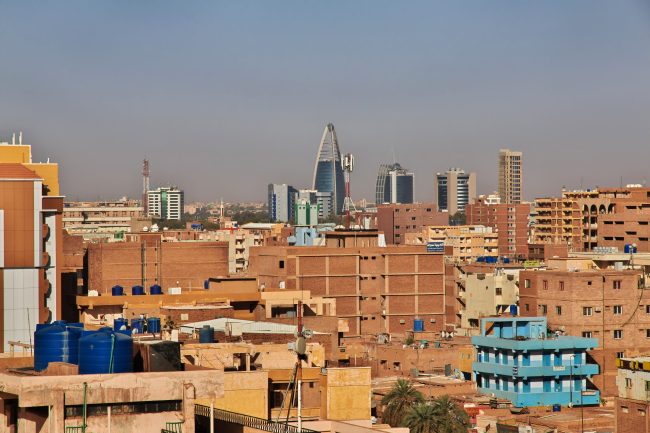Locally-Led Grassroots Peacebuilding Movements and Community Involvement in African Federations
Author: Natalia Valero: Recent and past conflicts in Africa reflect the diverse and complex political, economic, cultural, and ethnic background of the continent. In countries such as South Africa, Ethiopia, and Nigeria, a federal system with multilevel governance has been presented as a model able to accommodate diversity. In a multilevel system, cooperation, partnership, and power distribution operate to varying degrees in order to deal with divisions along territorial, social, political, and cultural lines. In this way, federal governance systems may act as a peacebuilding tool.

